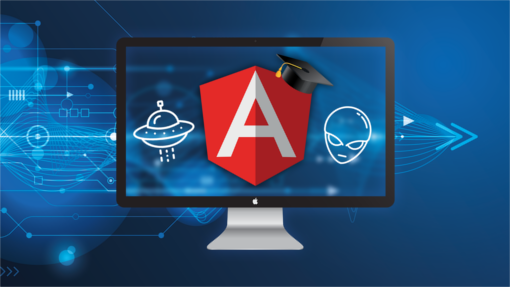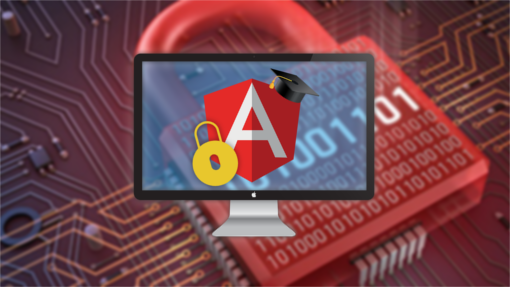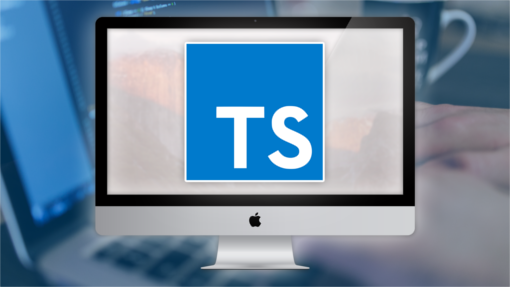This repository contains the code of the Angular Universal Course.
This course repository is updated to Angular v8, and there is a package-lock.json file available, for avoiding semantic versioning installation issues.
IMPORTANT: Please use NPM 5 or above, to make sure the package-lock.json is used.
For running this project we need and npm installed on our machine. These are some tutorials to install node in different operating systems:
Its important to install the latest version of Node
With the following command the angular-cli will be installed globally in your machine:
npm install -g @angular/cli
We can install the master branch using the following commands:
git clone https://github.com/angular-university/angular-universal-course.git
This repository is made of several separate npm modules, that are installable separately. For example, to run the au-input module, we can do the following:
cd angular-universal-course
npm install
Its also possible to install the modules as usual using npm:
npm install
NPM 5 or above has the big advantage that if you use it you will be installing the exact same dependencies than I installed in my machine, so you wont run into issues caused by semantic versioning updates.
This should take a couple of minutes. If there are issues, please post the complete error message in the Questions section of the course.
We can start the sample application backend with the following command:
npm run server
This is a small Node REST API server.
To run the frontend part of our code, we will use the Angular CLI:
npm start
The application is visible at port 4200, but you need to use HTTPS - https://localhost:4200
This application uses a self-signed certificate, so you will need to accept it using the browser. If you are using Chrome, you will need to click Advanced and then choose "Proceed to localhost".
This repository has multiple branches, have a look at the beginning of each section to see the name of the branch.
At certain points along the course, you will be asked to checkout other remote branches other than master. You can view all branches that you have available remotely using the following command:
git branch -a
The remote branches have their starting in origin, such as for example section-1.
We can checkout the remote branch and start tracking it with a local branch that has the same name, by using the following command:
git checkout -b section-1 origin/section-1
It's also possible to download a ZIP file for a given branch, using the branch dropdown on this page on the top left, and then selecting the Clone or Download / Download as ZIP button.
If you are looking for the Angular PWA Course, the repo with the full code can be found here:
If you are looking for the Angular Security Masterclass, the repo with the full code can be found here:
If you are looking for the Angular Advanced Course, the repo with the full code can be found here:
Angular Advanced Library Laboratory Course: Build Your Own Library.
If you are looking for the RxJs and Reactive Patterns Angular Architecture Course code, the repo with the full code can be found here:
RxJs and Reactive Patterns Angular Architecture Course
If you are looking for the Angular Ngrx Reactive Extensions Architecture Course code, the repo with the full code can be found here:
Angular Ngrx Reactive Extensions Architecture Course
If you are looking for the Angular 2 and Firebase - Build a Web Application Course code, the repo with the full code can be found here:
Angular 2 and Firebase - Build a Web Application
If you are looking for the Complete Typescript 2 Course - Build a REST API, the repo with the full code can be found here:







